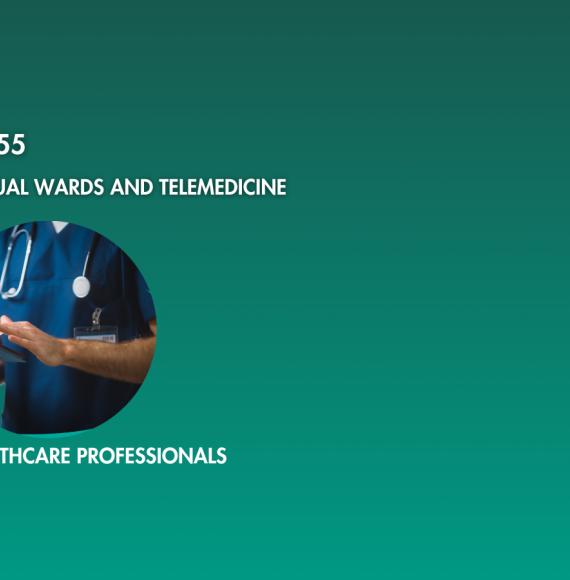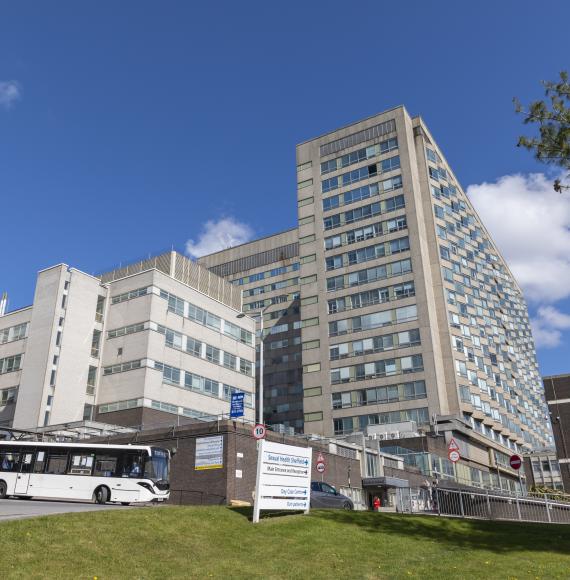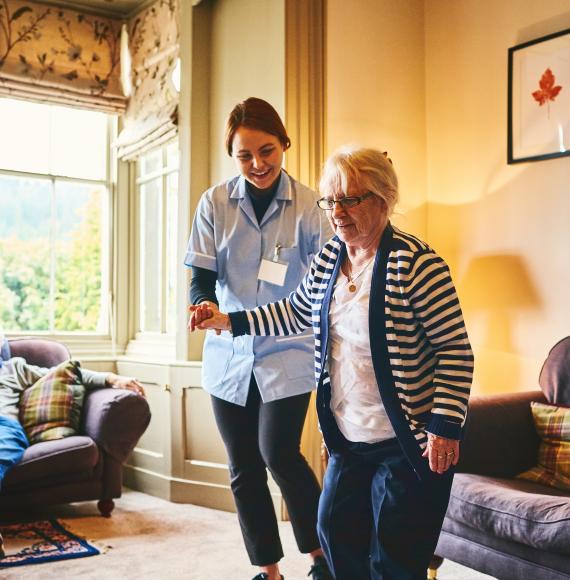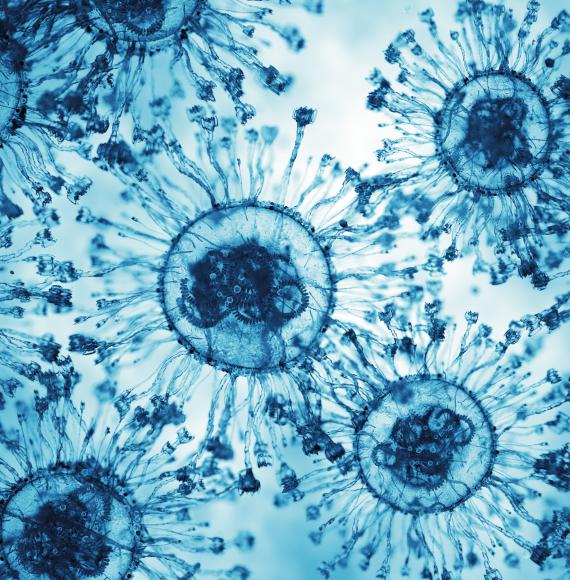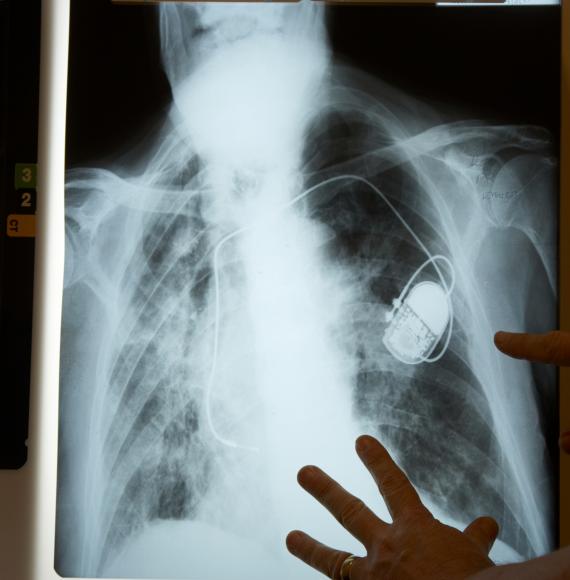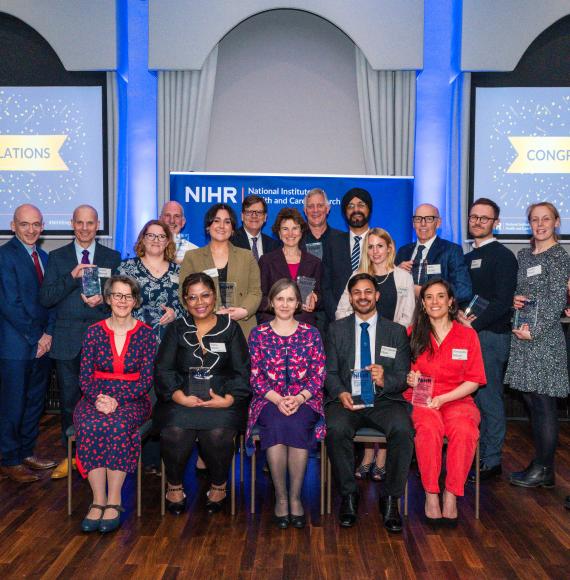The National Institute for Health and Care Excellence has achieved a remarkable milestone with a record number of positive recommendations for blood cancer treatments in a single year.
Over the past decade, NICE has made nearly 100 positive recommendations, significantly advancing the treatment landscape for blood cancer patients in the UK.
Blood cancer, the third biggest cancer killer in the UK after lung and bowel cancer, encompasses various types such as lymphoma, leukaemia, and myeloma. These cancers affect different types of white blood cells and have multiple subtypes. Rosie Dill's story highlights the progress in treatment options. Diagnosed in 2012 with limited options, she now benefits from newer NICE-recommended treatments that have extended her life.
NICE has made 97 positive recommendations for blood cancer treatments over the last decade, with 92% of recommendations since 2015 being positive. This increase reflects the expansion of research and development, with clinical trials demonstrating the effectiveness of new treatments. The introduction of the refreshed Cancer Drugs Fund in 2016 and a more coordinated approach between NICE and NHS England have facilitated the earlier availability of innovative treatments while additional evidence is collected.
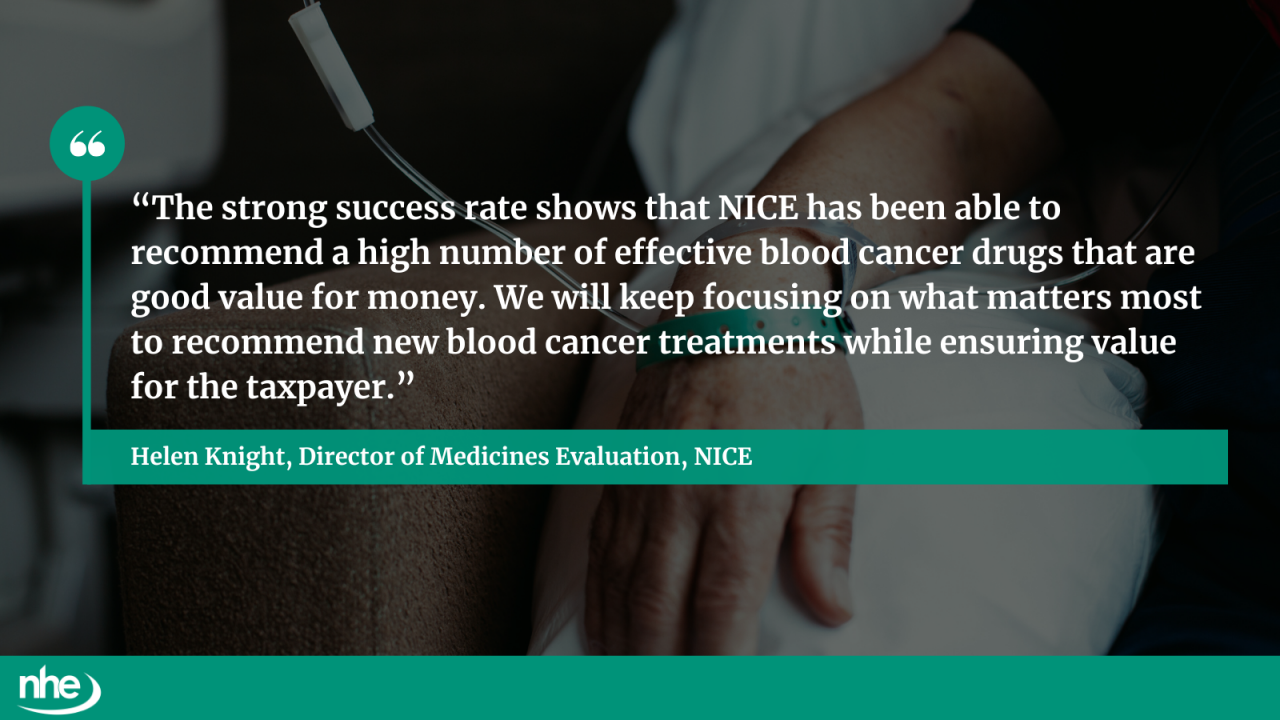
Helen Knight, NICE’s Director of Medicines Evaluation, commented:
“We have a strong track record of getting the most cost-effective treatments to patient fast while ensuring good value for money for the taxpayer.
“The strong success rate shows that NICE has been able to recommend a high number of effective blood cancer drugs that are good value for money. We will keep focusing on what matters most to recommend new blood cancer treatments while ensuring value for the taxpayer.”
In 2024, a record 21,700 people started a NICE-recommended blood cancer treatment in the NHS in England, a 13-fold increase since 2016. These figures include individuals who have received more than one treatment. Myeloma saw the most significant improvement, with 52% of adults diagnosed between 2016 and 2020 surviving five years or more, compared to 40% for those diagnosed between 2006 and 2010. Leukaemia survival rates also increased from 45% to 55% over the past decade. Hodgkin lymphoma and non-Hodgkin lymphoma saw smaller but still important increases in five-year survival during this period.
One of the greatest advancements in the last decade has been CAR-T therapy, which involves genetically modifying a patient's immune cells to attack cancer cells. This complex treatment has cured some patients with advanced cancers where other treatments failed. NICE has recommended CAR-T therapies for both leukaemia and lymphoma.
Blood cancers can often be diagnosed with a simple blood test, enabling earlier interventions and trials of experimental therapies. Improved transplantation techniques have made donor stem cell transplants less toxic and more widely available. Additionally, innovative monitoring techniques are contributing to improved survival rates, particularly for children and young people.
This significant progress in blood cancer treatment highlights the importance of continued research and development to improve patient outcomes and survival rates.
Image credit: iStock





